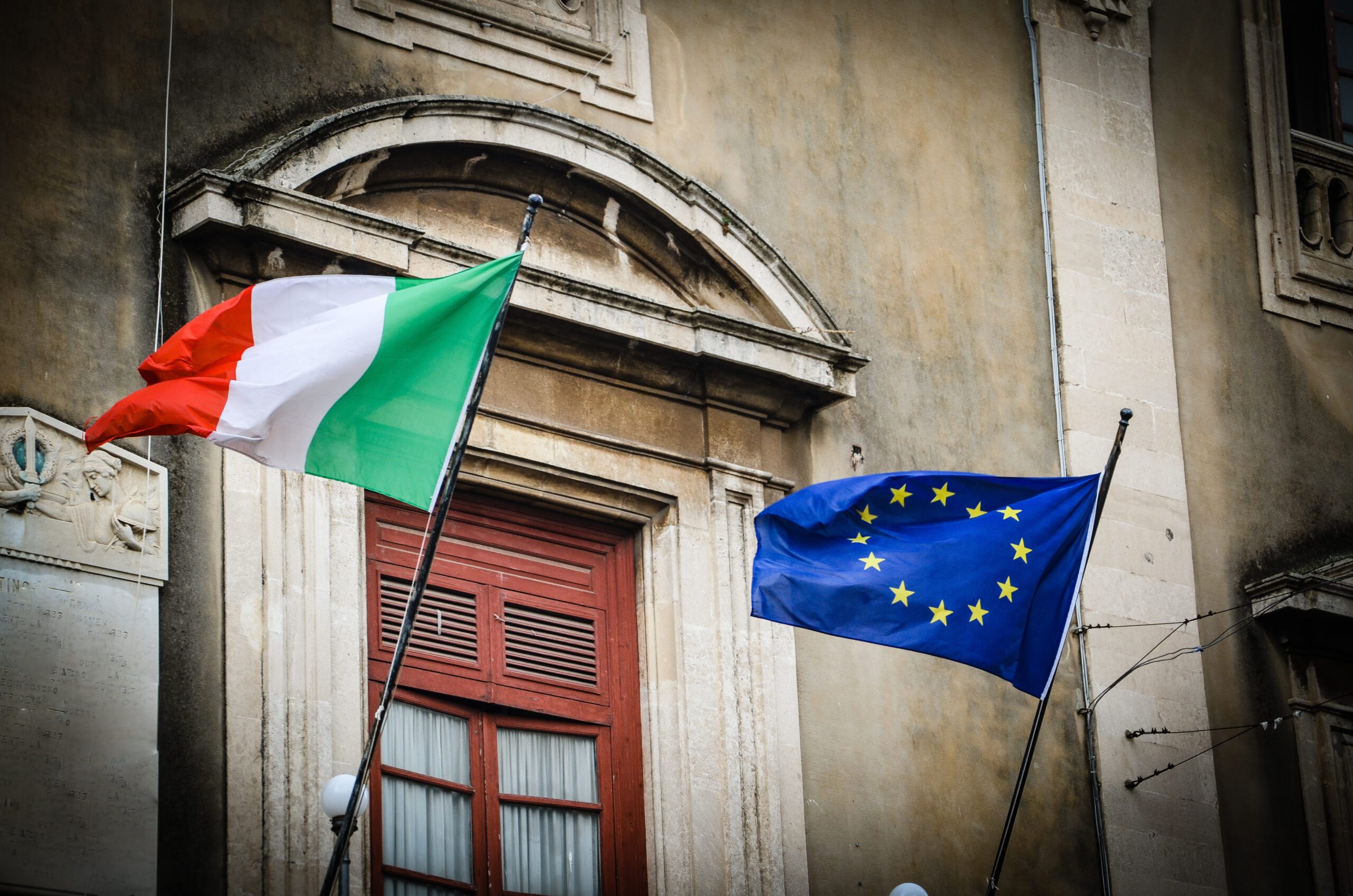European Schools exist to uphold the educational rights of all EU staff families, reflecting the Union’s commitment to linguistic diversity and mobility

The European Union, in its commitment to fostering a multilingual, multicultural civil service, rightly upholds education as a key pillar of staff welfare. This is particularly vital for expatriate staff whose children must access education that supports mobility, academic recognition across Member States, and the European ethos. Yet, for those of us working in decentralised agencies the frequent absence of a Category I European School raises important questions about equity and institutional considerations.

The Problem of Location Without Infrastructure
Category I European Schools deliver a full curriculum culminating in the European Baccalaureate and are considered the gold standard for EU staff children. However, when agencies are located in cities without such schools, staff are implicitly expected to find alternatives. In Turin, ETF staff face a patchwork of international, bilingual, or Italian national schools—none fully aligned with the European School curriculum or ethos. This situation imposes both financial and practical burdens on families.
Current measures
To mitigate this gap, ETF introduced a social measure in 2019 that reimburses a portion of school fees for the children of staff, applicable to Temporary and Contract Agents with contracts of at least one year. The measure covers children attending “Schools that provide an international/foreign curriculum that do not lead to an Italian official certificate/diploma” [1] as “in the area of the seat of the ETF there is no European School”. ETF reimburses 50% of the residual costs (registration plus tuition exceeding the normal education allowance). Transport, meals, uniforms, books, and school trips are excluded. Reimbursements are subject to budget availability; partial payments may be made and adjusted later.
As mentioned above, the measure currently applies only to schools that “do not lead to an Italian official certificate/diploma”, which means some high-quality bilingual or hybrid schools remain ineligible even when their curriculum closely resembles the European Baccalaureate. This limitation has raised concerns among staff who seek more inclusive access to diverse educational options that align with European standards.
Given the presence of multiple international organisations and an EU agency focused on education and training, the current situation presents an opportunity to broaden access to diverse, high-quality educational options in a more inclusive and equitable manner.
—
[1] ETF/19/DEC/005 “Measure of social nature on school fees for dependent children of ETF staff”
The Parma Model: An Institutional Precedent
A reference often made in discussions on European schooling in Italy is the Scuola per l’Europa di Parma, an Accredited European School established in 2004 to support the educational needs of families working at the European Food Safety Authority (EFSA). It is one of only two Accredited European Schools in Italy (the other being in Brindisi) and delivers a full curriculum from nursery to the European Baccalaureate.
While Parma’s case illustrates how a European School can be successfully launched in cooperation with national authorities and an EU agency, it is important to acknowledge its operational limitations. Feedback from some EFSA staff and local families has raised concerns about:
- The limited size of the school, which restricts the breadth of language sections and curricular options.
- Infrastructure and maintenance issues, reportedly due to funding constraints.
- A number of families choosing to relocate from Parma to access a broader or more stable educational offering elsewhere.
In this light, the Parma model should not be idealised. However, it remains a valuable institutional precedent: the school exists because local and national authorities, in partnership with the European Commission and EFSA, coordinated efforts to respond to the needs of EU staff in a medium-sized Italian city.
Turin, home to the ETF and a network of international bodies including UNICRI, ITC-ILO, and the UN System Staff College, could likewise explore the establishment of a European-accredited school, provided there is adequate political will and coordinated advocacy. Notably, within the UN system only staff on internationally recruited “P” contracts are entitled to an 80% reimbursement of international school fees, whereas in the EU system such support is, in principle, available to all staff.


The Case of Florence
Florence, like Turin, has a limited number of international schools. Notable examples include the International School of Florence (ISF) and the Canadian School of Florence, both of which offer the International Baccalaureate, as well as the Lycée Français Victor Hugo, which provides access to the French Baccalaureate. Similar to the situation in Turin, Parma, and Rome, there are no Category I European Schools in Florence. Financial support to offset the high tuition fees of these international schools is granted on a case-by-case basis, and only for expatriate staff.
The Varese Paradox: A School Too Far
While a Category I European School is located in Varese, approximately 130 km from Turin, the considerable distance and commuting time render this option impractical for ETF staff—particularly those with young children. As a result, despite its formal availability, the Varese school does not offer a viable solution to the schooling needs of ETF families based in Turin.
School Options in Turin
Liceo Vittoria offers a four-year programme that includes English-based IGCSEs and A Levels, closely aligning with the European Baccalaureate model. Similarly, the Lycée Français International Jean Giono provides a complete French curriculum and is a strong option, particularly for staff from francophone backgrounds. However, this school may also fall outside the scope of institutions currently eligible for top-up reimbursement under ETF’s existing rules.
Concrete Reform Proposals
To support equitable educational provision for children of EU agencies staff, the institutions could consider:
- Permit a top-up support for any academically rigorous programme aligned with European School “principles”, irrespective of the diploma issuing body.
- Prioritise support for lower-grade staff (Contract Agents, AST up to AST5), to ensure equal access for Italian and non-Italian staff alike.
- Actively pursue accreditation of local schools—such as Liceo Vittoria or Lycée Jean Giono—to European School status, inspired by Parma’s example.
European Schools Are for All Staff
European Schools exist to uphold the educational rights of all EU staff families, reflecting the Union’s commitment to linguistic diversity and mobility. Education is not a perk—it is a core element of staff welfare and effectiveness. When agencies operate in cities without European Schools, the EU bears responsibility to find appropriate solutions.
Ultimately, and particularly in relation to the attractiveness of Italian duty stations, a coordinated solution at the European Commission level would be preferable—one that proactively ensures equitable access to high-quality, European-style education for all staff families, rather than leaving each agency to devise its own individual measures.
Access to such education should be seen as a fundamental right, and addressing this need collectively is essential to maintaining a fair, inclusive, and effective European civil service.

Aleksandra FALCONE
ABOUT THE AUTHOR
Aleksandra Falcone is working at the European Training Foundation (ETF) as Planning, Monitoring and Reporting officer. She is a member of USF Federal Committee from Union Syndicale-ETF